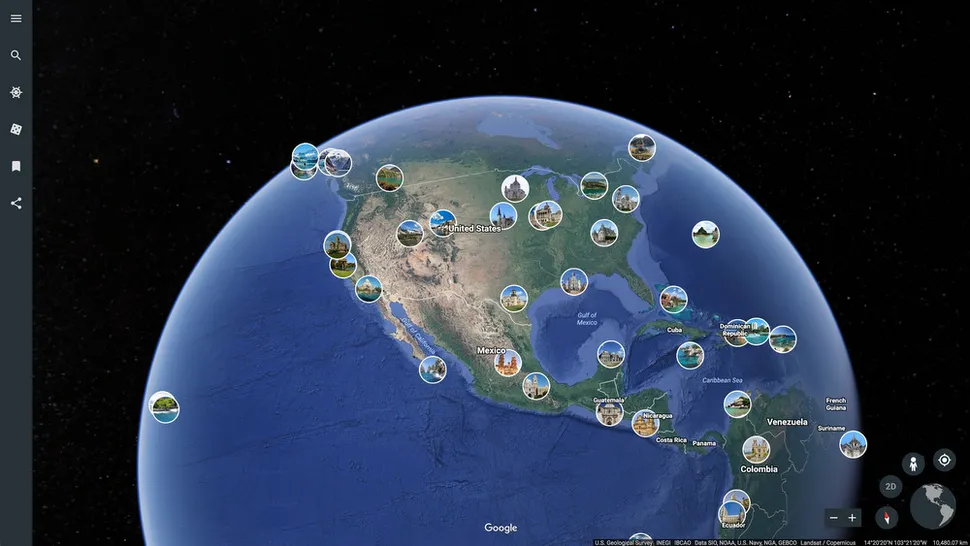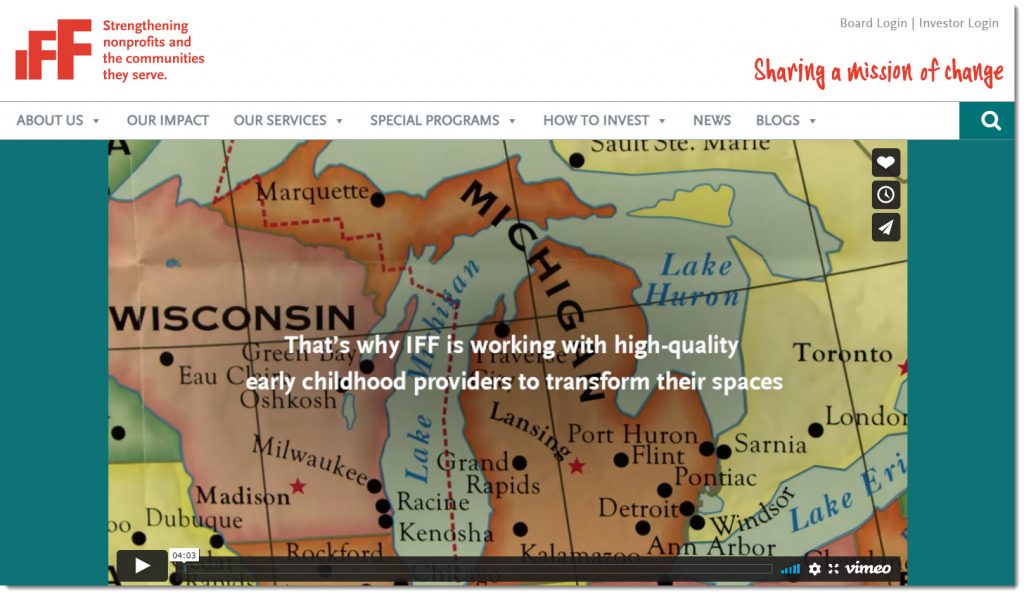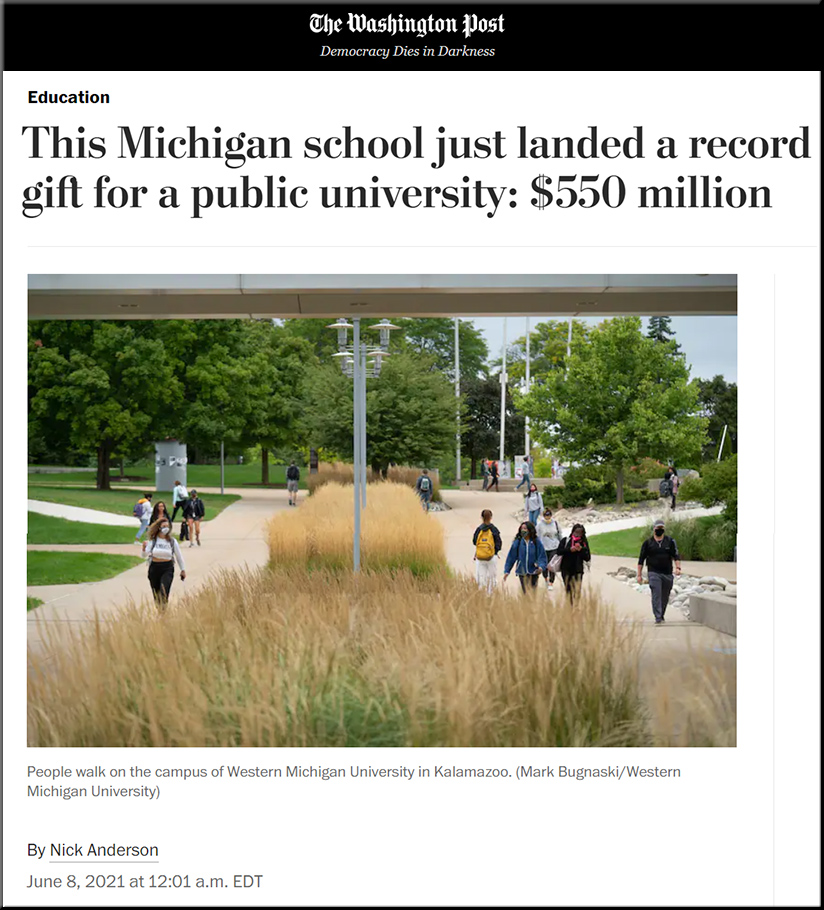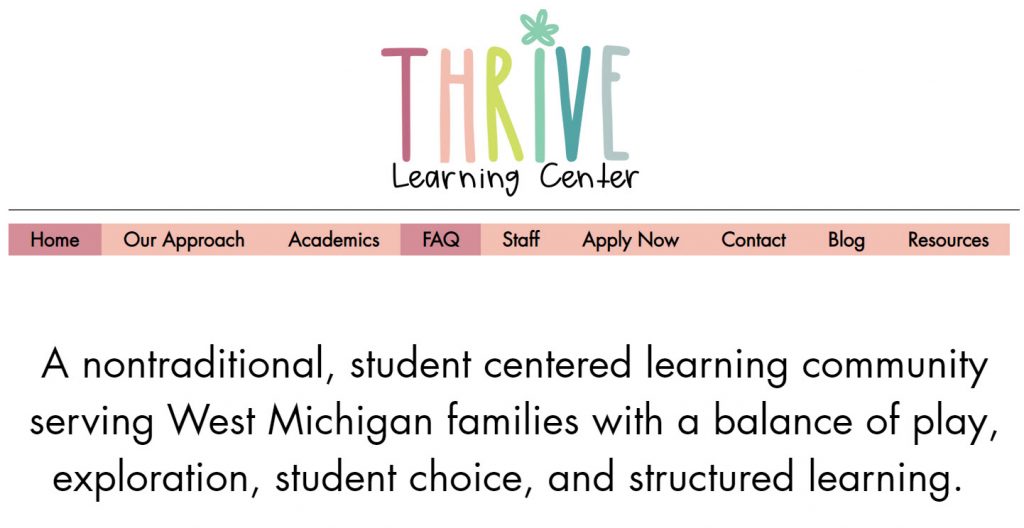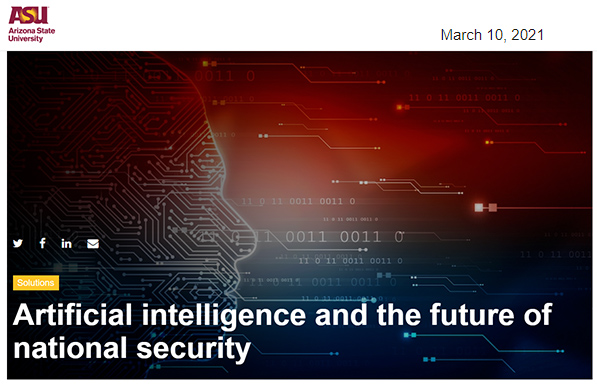Michigan appeals to former teachers as districts face ‘dire’ shortage — from mlive.com by Kayla Miller
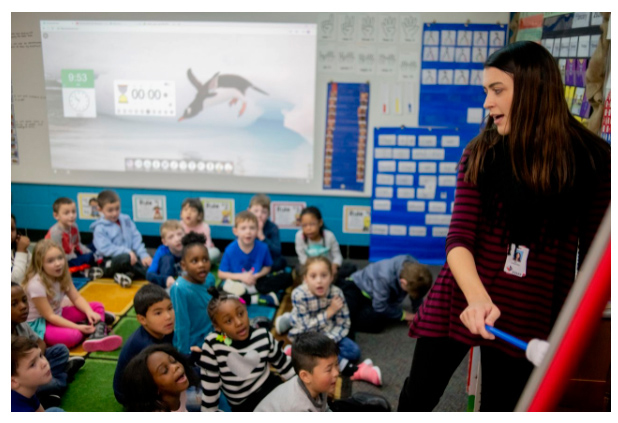 Kindergarten teacher Melissa Sanborn instructs students…Thursday, Jan. 23, 2020 at Cook Elementary School in Grand Blanc. (Jake May | MLive.com) Jake May | MLive.com
Kindergarten teacher Melissa Sanborn instructs students…Thursday, Jan. 23, 2020 at Cook Elementary School in Grand Blanc. (Jake May | MLive.com) Jake May | MLive.com
Excerpt:
Looking ahead to August, Beecher Community School District is expecting to be short about a quarter of their needed teaching staff for the 2021-22 school year.
The Flint-area district is one of many schools across Michigan fighting to keep educators in classrooms amid a statewide teacher shortage. The Michigan Department of Education (MDE) is now appealing to former teachers to get recertified and back to work.
…
David Crim, spokesperson for the Michigan Education Association, said multiple factors are keeping people from pursuing teaching and forcing young teachers to leave the profession.
“There’s no respect for teachers, no respect for the profession and poor compensation,” Crim said. “We have the perfect storm.”
From DSC:
It feels like there are major changes occurring throughout the K-12 learning ecosystems out there. It will be interesting to see what shakes out from this period of disruption.
By the way, those with little respect for teachers clearly have never taught themselves. Teaching is a very difficult profession. You try providing personalized learning to 25-30+ students at a time. Once you begin to scratch the surface, you’re retiring. We need to continue to try to share our knowledge, learnings, effective pedagogies/research, growth, tools, contacts, and more to help the next generation of teachers, students, administrators, and leaders.
Personally, I would like to see teachers have far more agency themselves. Don’t straight jacket them so much with standardized testing every ___ weeks/months. And allow more choice and control for the students (where possible). And allow the damn trains to slow down and/or vary their pace — allow them to stop if necessary for a student or a group of students.

I don’t see real personalized learning occurring until more technologies get involved/integrated into the classrooms out there — things like learner preferences, cloud-based learner profiles, AI and more.










